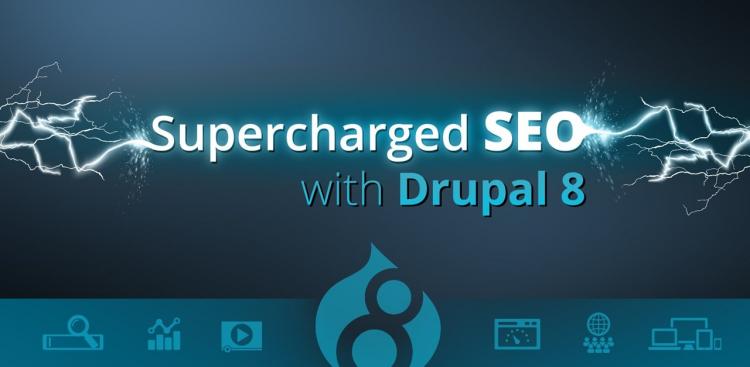The base of all our SEO efforts lies within the website’s architecture. There are many website engines and CMS’s to choose from and most of them will claim that they are SEO optimized. Don’t be fooled! No CMS will come search engine optimized out of the box. It may have some features, which, if configured correctly, may bring you some SEO benefits. SEO is not only about code, though it does start there. SEO is also about the continuous efforts of your marketing team. We all know that time = money. The more efficient your marketing team is in performing tasks within your CMS - the more ROI you get!
A good CMS must provide means for your marketing team to work independently from your development team. Drupal 8 does just that! It provides a solid framework that can be tuned to become a powerful marketing-machine.
Let’s take a look at some of the new features in core that make search engines love Drupal 8.
Drupal 8 is Responsive out of the Box
Drupal 8 comes with responsive themes in core. Now both public facing and admin facing themes are responsive and make user experience great on any device.
Drupal 8 Page Load is Fast
There has been a lot of debate about Drupal 8 vs. Drupal 7 performance / page load since the Drupal 8’s release. It is a fact that vanilla Drupal 8 is running much more code than vanilla Drupal 7. It runs vendor code like Symfony, which adds some overhead. However, Drupal 8 has a significant number of performance improvements that are making up for that overhead:
-
JavaScript files are now loading in the footer. Due to this change pages build up faster and user can see and use them earlier.
-
Pluggable CSS/JS aggregation and minification to support more optimal optimization algorithms.
-
Highly improved caching. Drupal 8 uses “cache tags” that makes caching more efficient and includes Cache Context API which provides context-based caching. This means pages load faster while ensuring that visitors always see the latest version of your site.
-
BigPipe render pipeline. Sends pages in a way that allows browsers to show them much faster. First sends the cacheable parts of the page, then the dynamic/uncacheable parts. Uses the BigPipe technique.
These improvements have the potential to make your Drupal 8 website fly! And if after all that it is not “flying” - than you need someone to review the code that powers your website’s features. Contact us.
Semantic Markup
Search engines appreciate clean markup that explicitly describes the purpose of on-page elements. Thanks to the HTML5 Initiative for Drupal 8 development, we now have a number of great markup improvements right in Drupal core:
-
HTML5 themes with new semantic elements in core templates
-
Support for the new form elements to Drupal’s Form API
-
Rich media handling with <video> and <audio> elements
-
ARIA roles in markup to improve accessibility
-
Resource Description Framework (RDF) support that provides a standardized model for data interchange and facilitates Schema.org mappings
-
Twig theming engine - makes it harder for developers to create messy, non-semantic code
Content-as-a-Service
Another exciting new feature of Drupal 8 is a flexible content delivery.
Today, content owners want to get their content to as many platforms and channels as possible: web, mobile, social networks, smart devices, etc. It is expensive to have a separate solution for every channel. It is much more efficient to have a single editorial team and single software platform that allows for well-organized content management. Drupal 8 and its content-as-a-service capability provides a one-stop solution where content is created and managed via unified web-interface and then consumed by other channels with minimal effort.
Drupal 8 Multilingual Capabilities
To reach audiences from around the world, companies need to speak to users in their native language. In 2017, producing content in English language is not enough, even if English is considered an internationally accepted language. The United States is now the world’s second largest Spanish-speaking country after Mexico, which amplifies the necessity of serving multilingual content for U.S. based audience. To help put things in perspective we checked recent statistics.






